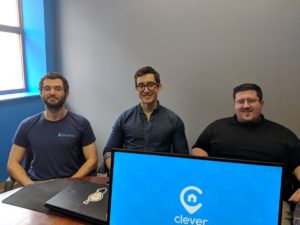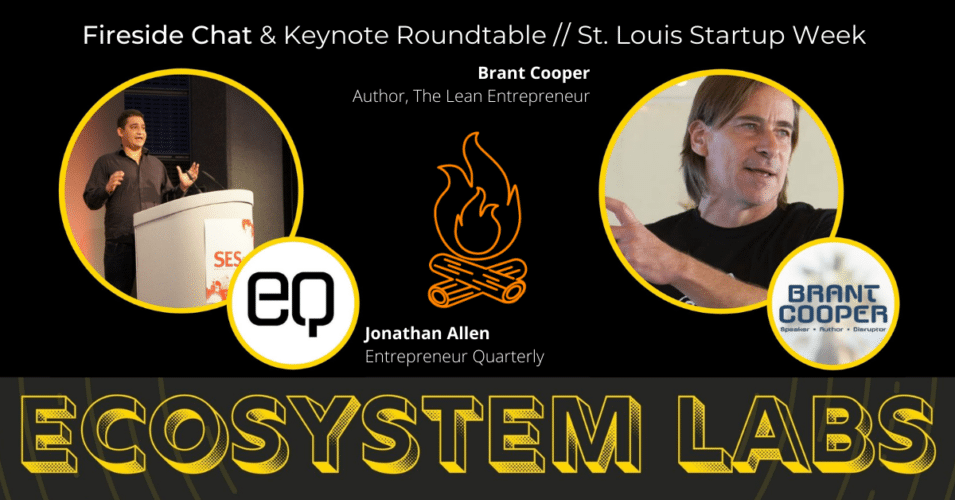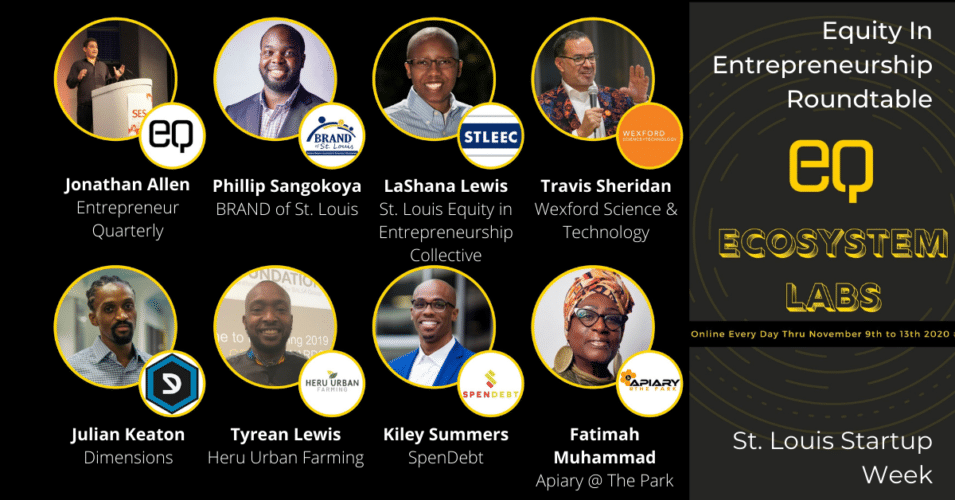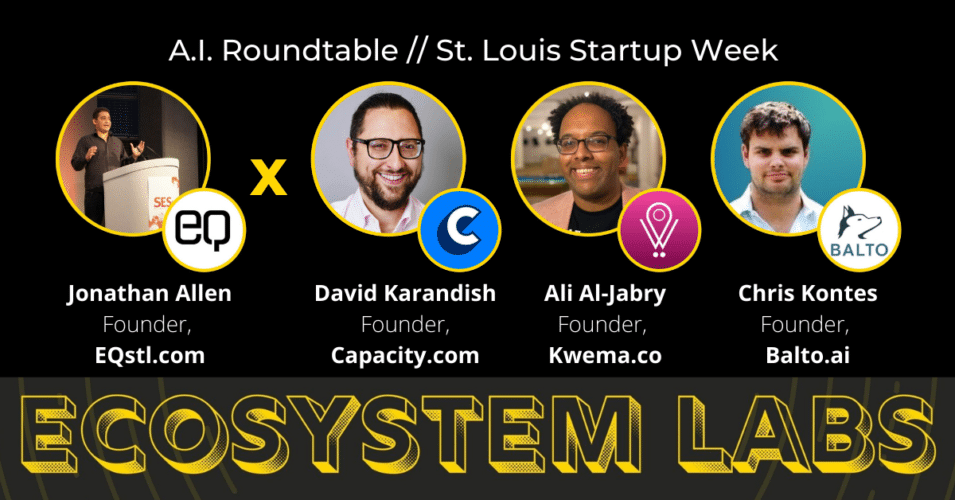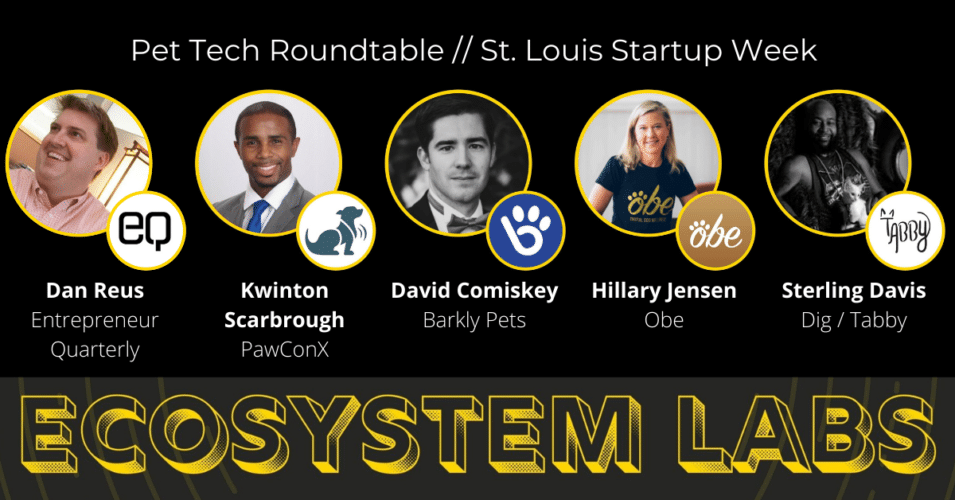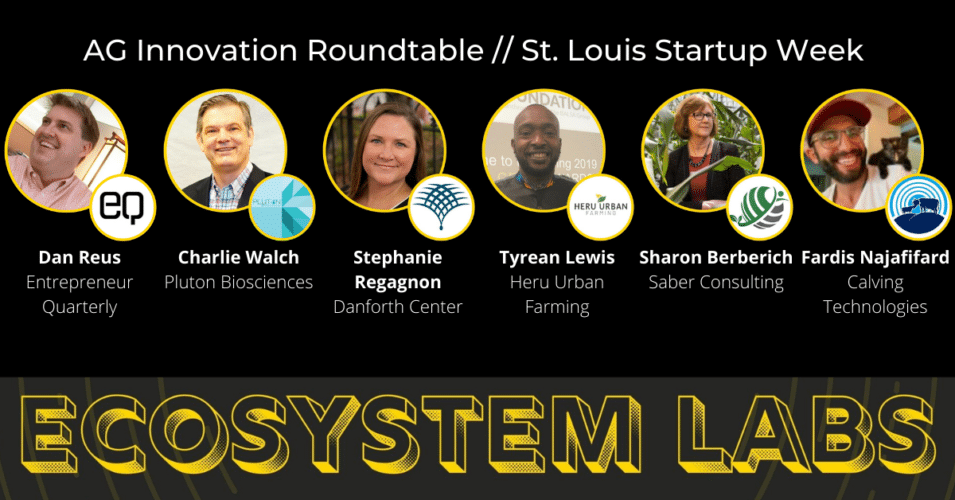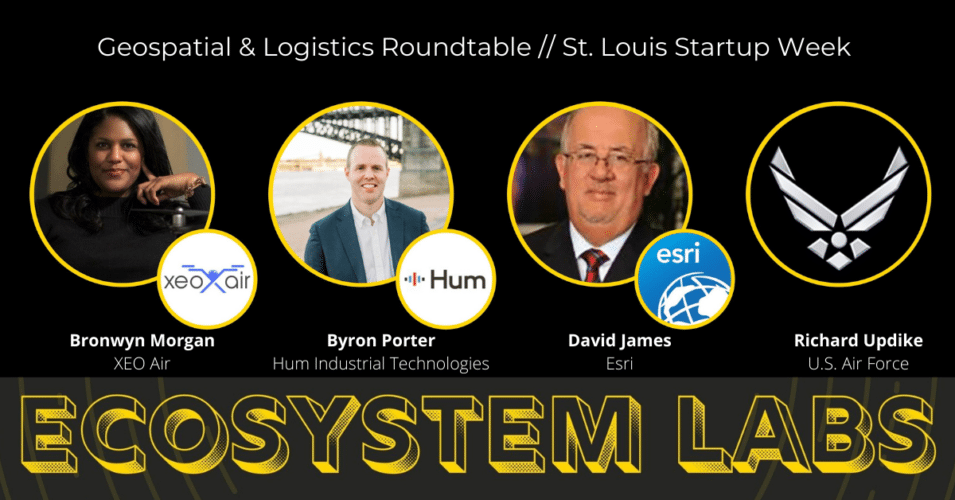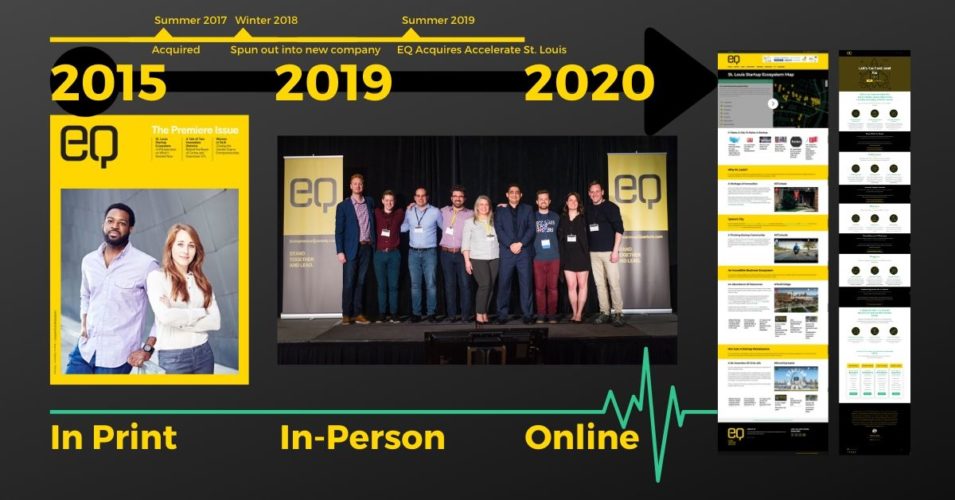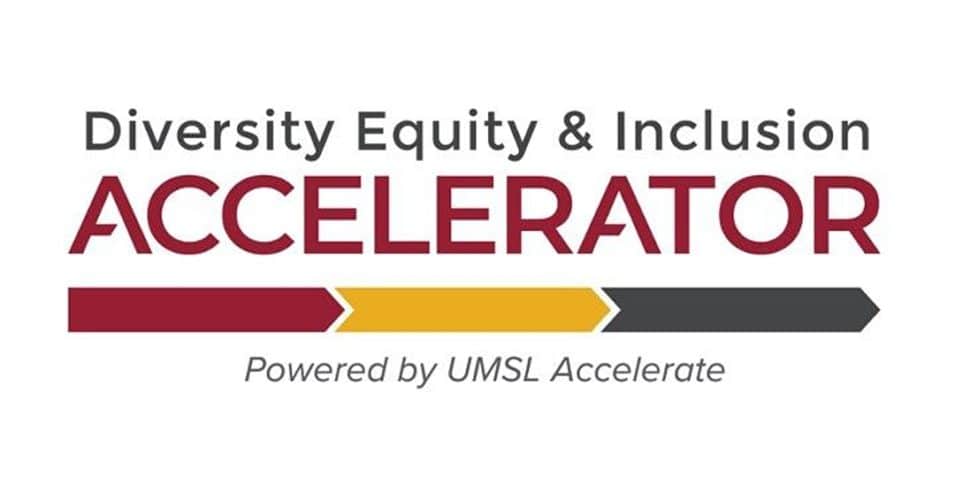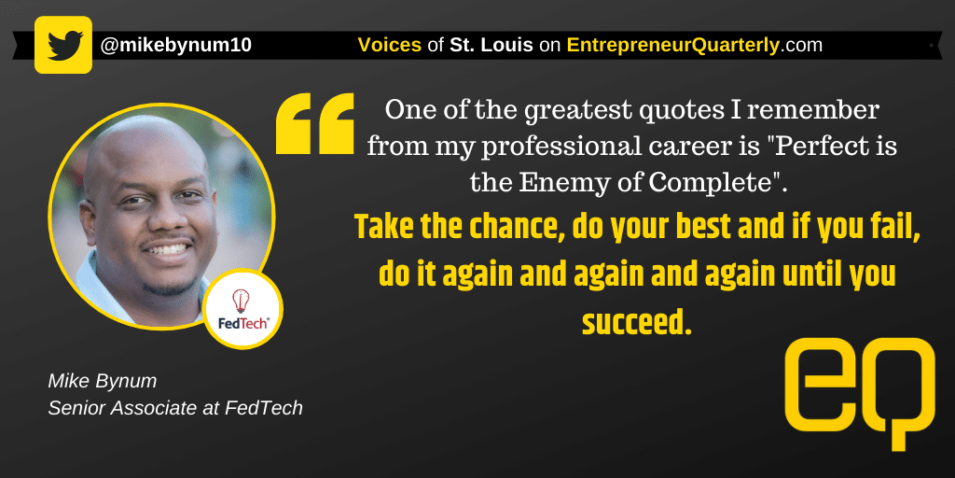Philanthropy and Funding: 5 Elements to Create Disruption for All
EQ’s friend and supporter, Brant Cooper, joined a panel of funders and founders we put together for STL Startup week. You can catch up on all of EQ’s discussions at STL Startup Week here.
Disruption Benefits Many Businesses, Not Just Startups
A wealth of useful insights came out of the fireside chat with Brant on Building an Ecosystem for Entrepreneurs By Entrepreneurs, and from our discussion with STL ecosystem players who honed in on a key idea that is dear to EQ’s editorial philosophy: Startups Are About Operational Innovation, Not Just Tech.
Read on to find out more of what they had to say on the topics of philanthropy and startup funding or check out the entire discussion on YouTube.
Five Elements To Create Disruption For All
Brant shared the themes, expanded upon in his new book, which focus on ensuring that disruption benefits everyone. Here they are:
- Empathy: admitting when we don’t know something.
- Evidence Based Decision Making: so that we cut through our biases using data and insights.
- Equilibrium: establishing a balance between execution work and exploration work whilst also creating a balance with our personal lives.
- Ethics: having a moral code to conduct our business.
Exploration: trying to learn what works.
These elements are the core of what we might want to include in our ecosystem, Brant says. They steer us away from using ‘tech’ and ‘non tech’ labels, and toward a mindset that can be applied to anyone, from founders to those working for non-profit organizations. or those trying to create growth inside large businesses.
Entrepreneurs successfully innovate by bringing invention to the masses, Brant says. They can be both inventors and they can be innovators, but in the end it’s all about creating value for other human beings.
How to Influence Potential Funders
A topic the panel kept coming back to was around mentoring. “In the past, if I was mentoring somebody and they never reached back out to me, I would assume that they were just perhaps not very entrepreneurial. I had to change my mindset and teach people how to take advice, how to ask for advice and how to ignore advice,” Brant says.
And, when it comes to looking for funding, Brant had this to say, “You should never go up to a funder and ask them for money. Instead, you should be trying to establish relationships.”
Most people, Brant believes, want to help others out. However, he emphasises the need to ‘do your homework’ first about someone you might think could help you and then try and get a warm introduction. If you’ve done your research beforehand and tried your best, any potential rejection will be easier to take.
There’s no automatic magic formula to trying to forge potentially positive relationships between founders and funders, Brant explained. It all starts with human to human contact.
Attracting a Talented Workforce
Looking beyond the founders of startups, and mentoring other potential leaders within them is also important, Luke Babich, Co-founder and COO of Clever Real Estate believes.
In his experience, founders are often caught up in measuring the success of their companies. Those working for them may well have the expertise to drive recruitment efforts, for example. It may often be them, rather than the founders, who need to network and meet those who can bring in more business.
Luke would also like to see more people making the jump from bigger companies into startups. Trying to compete for talent and getting the brightest people to take a big risk by working for a small unproven company are big accelerators for startups, he believes.
Philanthropy in Startups
There is a movement in all ecosystems around social impact entrepreneurship, Brant says. Those involved come up against all the same obstacles and challenges that other small businesses face.
They have to learn how to drive impact, and show their investors, such as foundations that they know how to do this. The points Brant raises here are things that are close to the heart of Monique Bynum from UMSL’s Diversity Equity Inclusion Accelerator.
She says, “We need to be mindful that corporate philanthropy is not a dirty word.”
There can be a misconception that some corporations only give because they want to glaze over some of the negative things they do. There are some corporations who genuinely recognise the need to be a hand raiser and help solve social or environmental issues, Monique believes.
Funding with a Social Conscience
Getting foundations to behave more like investors is one way to help social impact entrepreneurs to grow, Brant believes. Getting philanthropic investment from corporations is perhaps trickier, explains Steve Epner who teaches MBAs how to be entrepreneurial within corporations at Saint Louis University.
“All big companies have different requirements as to what they do with their dollars. You have to know what their metrics are in order to make your pitch,” Steve says.
Erik Lutenegger, founder of Tenacity makes the point that millennials tend to be more sympathetic toward issues that will benefit society as a whole. It’s therefore possible that the desire which companies have to be more philanthropic may happen naturally over time.
Having millennials on the boards of corporations is another way to achieve more social impact, Brant claims.
St. Louis is Ahead of the Pack for Funding
“Arch Grants would not be as an organization today if it wasn’t for corporate and local family philanthropy,” Alfred Jackson, Entrepreneur Support Manager with Arch Grants says.
“Other cities that are bigger do not have the same range of programs available in St. Louis,” he says.
Alfred believes that, although there are more people in St. Louis who can be tapped into to help fund entrepreneurs, the city is on the right trajectory for philanthropic dollars to have a big impact on its entrepreneurs.









